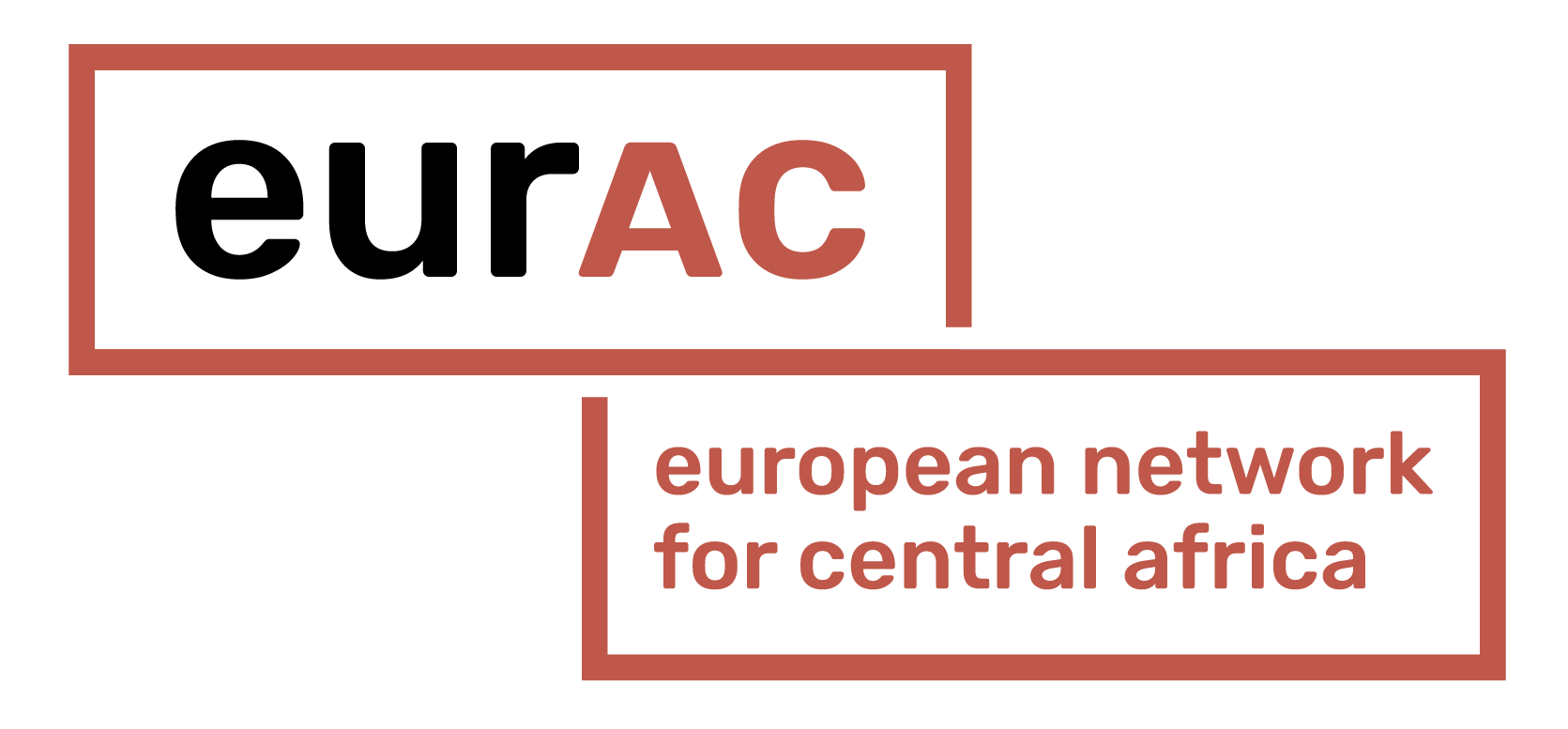DR Congo: UN Should Investigate Kasai Violence
271 Groups Urge Prompt Human Rights Council Action
(Geneva, June 1, 2017) – The United Nations Human Rights Council should urgently establish a commission of inquiry into the situation in the central Kasai region of the Democratic Republic of Congo, a coalition of 262 Congolese and 9 international nongovernmental organizations said today. The 35th session of the Human Rights Council begins June 6, 2017, in Geneva.
“The violence in the Kasai region has caused immense suffering, with Congolese authorities unable or unwilling to stop the carnage or hold those responsible for the abuses to account,” said Ida Sawyer, Central Africa director at Human Rights Watch. “An independent, international investigation is needed to document the abuses, identify those responsible, and help ensure justice for the victims.”
Between 500 and 1,000 people have been killed in the Kasai region since large-scale violence between the Congolese army and the Kamuina Nsapu movement broke out in August 2016, according to the UN. Human rights activists and UN monitors have had difficulties reaching parts of the region, so the actual number of dead may be significantly higher.
Congolese army soldiers have used excessive force in violation of international law, killing scores of suspected Kamuina Nsapu members and sympathizers, including large numbers of women and children. Members of the group, armed largely with sticks and other crude weapons, have recruited children and carried out targeted attacks on the government, killing police officers, soldiers, and local officials.
Over 1.3 million people in the region have been displaced from their homes in recent months, including over 23,500 who fled to neighboring Angola.
Two members of the UN Group of Experts on Congo, Zaida Catalán, a Swede and Chilean, as well as Michael J. Sharp, an American, were killed in March 2017, while investigating widespread human rights abuses in the region. It remains unclear who was responsible. The four Congolese who had accompanied them – their interpreter, Betu Tshintela, and three motorbike drivers – are still missing.
UN investigators have confirmed the existence of at least 42 mass graves in the greater Kasai region since August 2016.
On March 8, 2017, the UN high commissioner for human rights, Zeid Ra’ad Al Hussein, called for the creation of a commission of inquiry to investigate violence in the Kasais. Congolese officials then pledged to carry out their own investigation, and on March 22, agreed to support from the UN and African Union (AU). This investigation has not moved forward in a transparent or credible way, and the UN and AU have not been able to effectively collaborate with the Congolese investigators or support the Congolese investigation, the organizations said.
On April 19, the high commissioner said that meaningful steps by the Congolese government “to ensure that there is a prompt, transparent, independent investigation to establish the facts and circumstances of alleged human rights violations and abuses perpetrated by all parties, and other abuses of justice” had been “lacking.”
“Given widespread army violations, alleged involvement by top officials, and past interference in sensitive cases, the Congolese judiciary’s ability to credibly investigate the violence is in serious doubt,” said Georges Kapiamba, president of the Congolese Association for Access to Justice (ACAJ). “An independent, international inquiry is necessary to get to the bottom of what’s really happening in the Kasais and who is responsible.”
The conflict in the Kasai region is purportedly about customary control over local chieftaincies, but there are also clear ties to national political dynamics, with the Congolese army backing the leadership of people seen to be loyal to President Joseph Kabila and his political coalition, and some of the Kamuina Nsapu groups supporting people seen to be closer to the opposition.
Violence escalated after state security forces killed Kamuina Nsapu, the apparent heir to the throne of a chieftaincy in the Tshimbulu area, in August 2016. Since his death, the group named after him has grown into more of a popular movement than an organized armed group with clear command structures. Some Kamuina Nsapu members have directed their demands toward the national political crisis, calling for Kabila to step down. His constitutionally mandated two-term limit ended on December 19.
In recent months, Kamuina Nsapu factions and other armed groups have proliferated, with some of the groups fighting each other. Local politicians have reportedly sought to manipulate ethnic tensions in the region, encouraging militias from certain ethnic groups to attack people from other ethnic groups.
“The Human Rights Council’s engagement now is critical to help protect civilians from further violence, and to press for accountability for serious violations and abuses both by the Congolese army and armed groups,” said Paul Nsapu, deputy secretary-general of the International Federation for Human Rights (FIDH). “A strong message is needed to show that these crimes won’t go unpunished.”
For a complete list of the 262 Congolese and 9 international nongovernmental organizations, including the European network for Central Africa (EurAc) calling for the United Nations Human Rights Council to establish a commission of inquiry into the situation in the central Kasai region, please visit:
https://www.hrw.org/sites/default/files/news_attachments/signatories_dr_congo_kasai_press_release_-_june_1_2017.pdf

